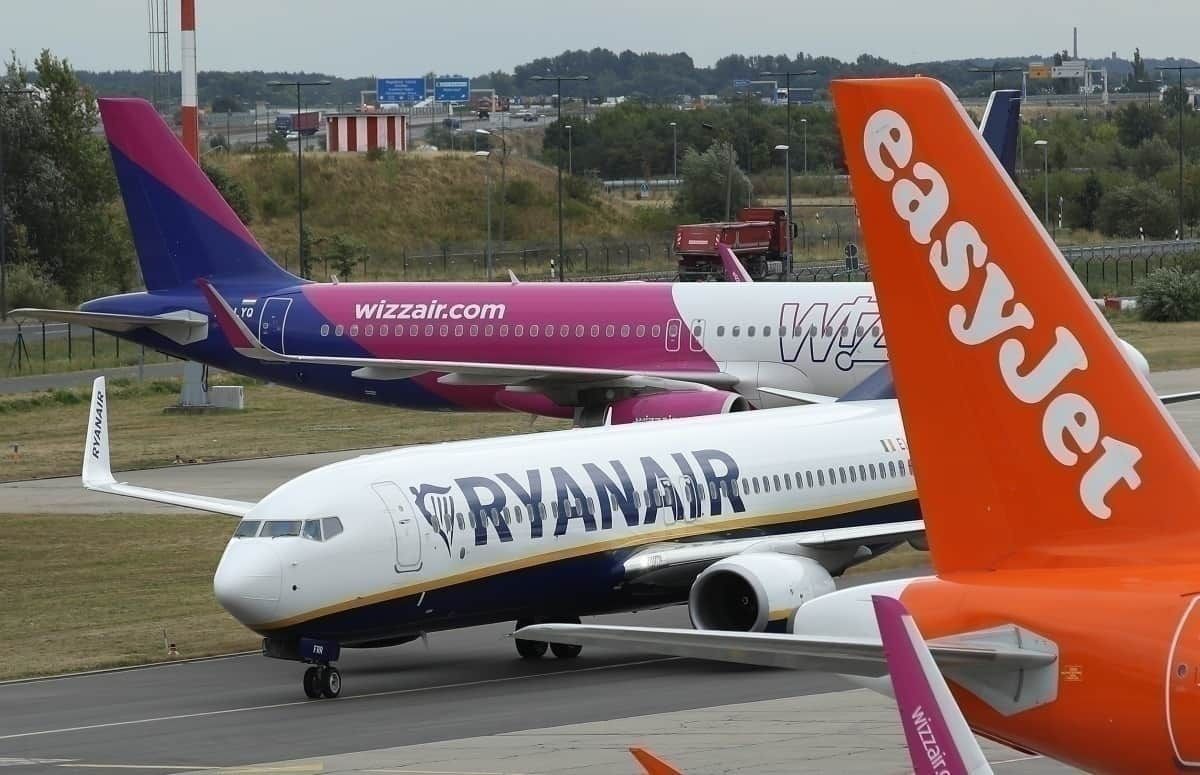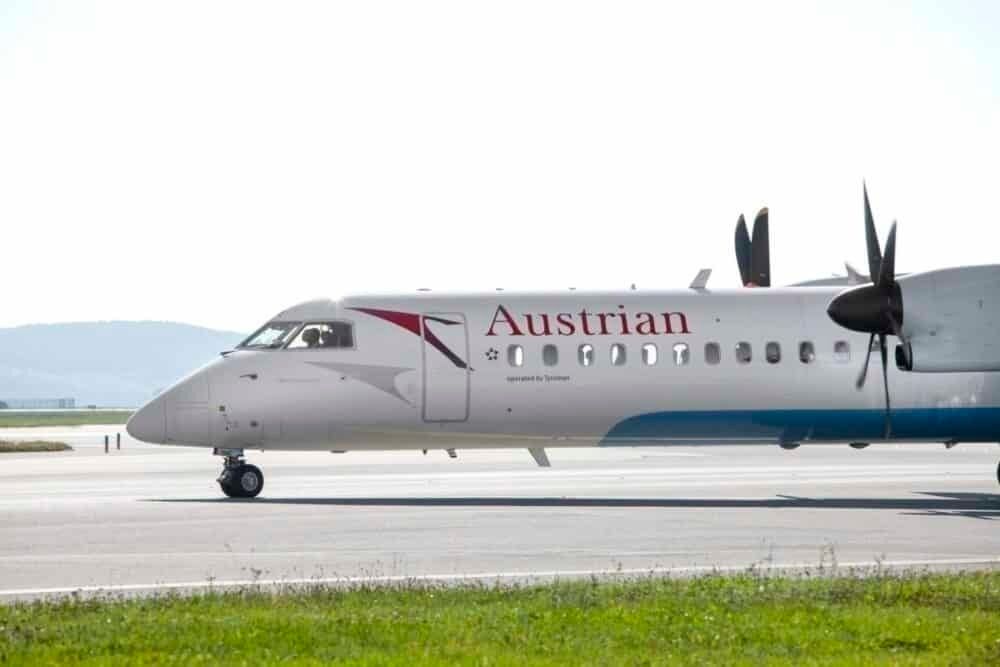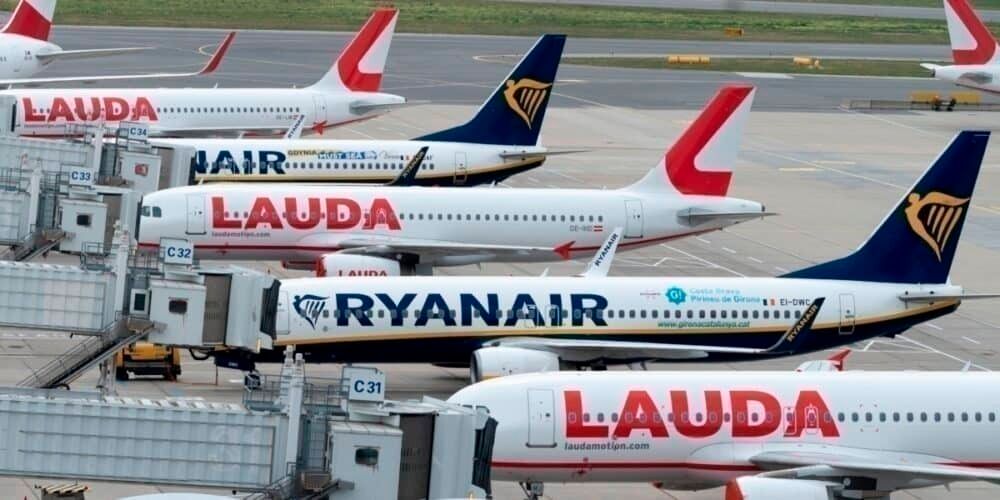Austria is set to introduce an 'anti-ticket dumping' regulation. The new rules would mean that flight tickets can't be sold for less than the cost to an airline. This would rule out the cheapest low-cost fares that rely on ancillary revenue to break even.
Low-cost carriers have become a staple of the aviation industry, removing social barriers to flying by bringing down costs. In the past 20 years, LCCs such as Ryanair, easyJet, and Wizz Air have boomed in the European Union. However, things are about to change in Austria, stifling the competitive edge of such airlines.
No ticket 'dumping'
Dumping is an industry term used to describe selling something for less than its cost to manufacture or, in the case of airlines, to provide. According to Austrian Aviation as part of the rescue package for its airline, Austria will ban the practice of selling flight tickets for less than their cost.
Stay informed: Sign up for our daily aviation news digest.
As a result of the new regulations, Austria will become the first country in Europe to target ticket dumping specifically. Austrian Aviation also mentions that the rules will not allow ticket prices below €40. However, it wasn't immediately clear if this rule will apply to all airlines, or just Austrian as part of its bailout package.
What does this mean for low-cost carriers?
The new rules would likely stifle low-cost flights in Austria, if not kill them altogether. In May, Ryanair announced that it would close its Vienna Lauda base on May 29th. Ryanair was expected to replace Lauda with its own brand in Vienna.
Taking a look at flight prices, on select dates in August, Ryanair flights from Stansted to Vienna (currently operated by Lauda) are available for as little as £16.99 ($21.52). These fares would not be able to continue under the new rules. Ryanair has to pay £13 ($16.47) in tax per passenger leaving the United Kingdom. This leaves just £3.99 ($5.05) left to pay for the crew, fuel, airport fees, and any other taxes that may be charged.
Of course, a lot of maths goes into producing Ryanair's fares, and the airline is not making a loss despite its lower than cost fares. The airline makes up for the deficit with ancillary revenue, such as reserved seating, which costs the airline nothing to implement.
Quite clearly in the above case, however, Ryanair would not be able to continue with its lowest fare structure. The airline would be forced to raise prices, which could make passengers less likely to book with them, especially if the extra services are charged at the same rate.
Indeed, at a point, the cost of booking with Austrian could be equal to or less than LCCs with extras taken into consideration. This could be exactly what the Austrian government plans as part of its national airline's bailout deal.
Do you think the new rules will erode the low-cost carrier market in Austria? Let us know your thoughts in the comments!



